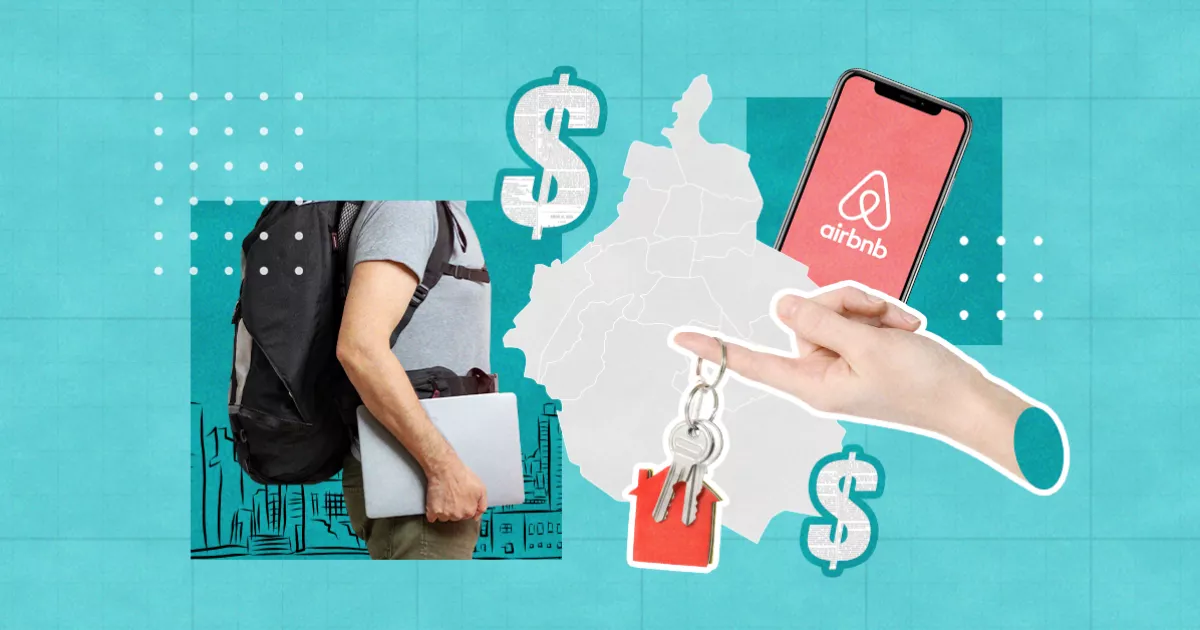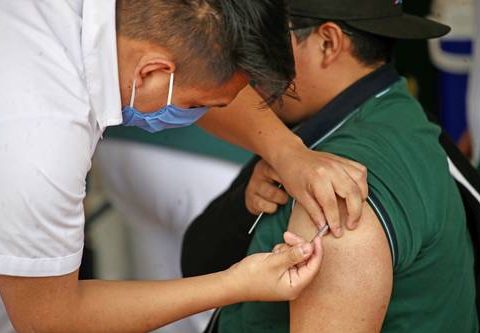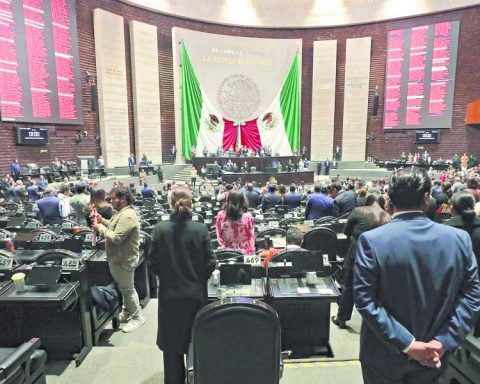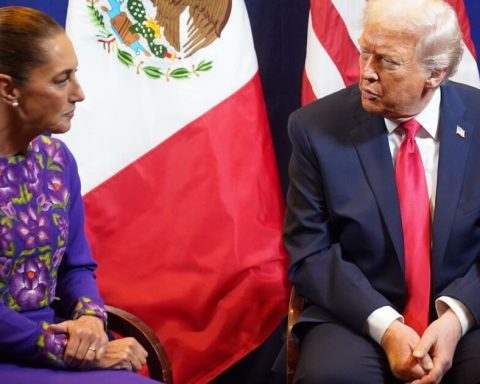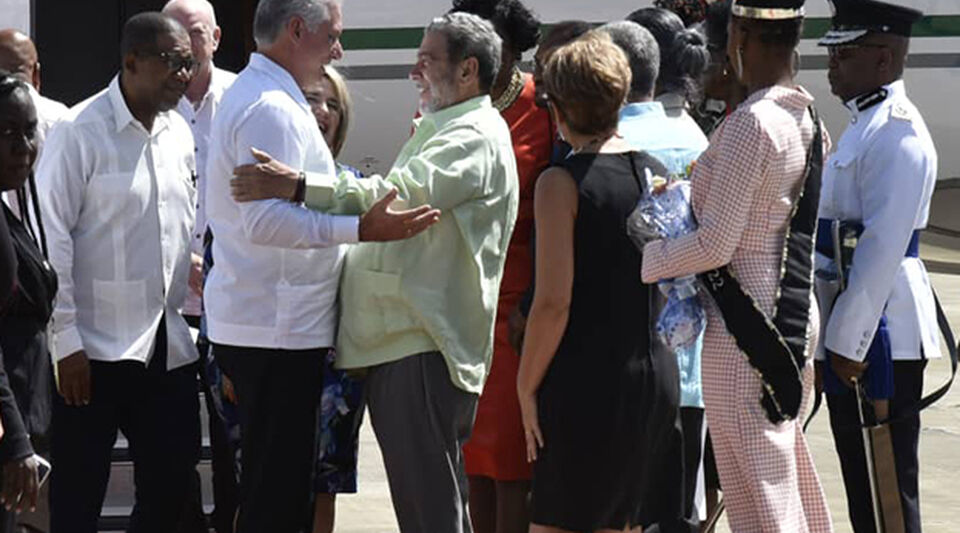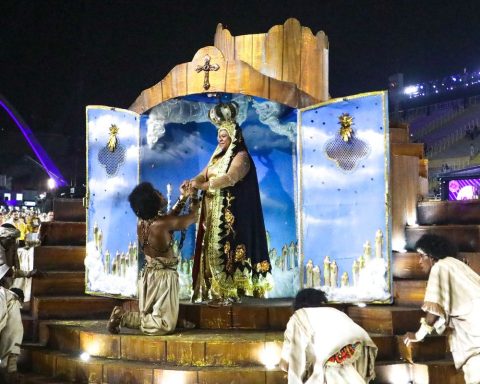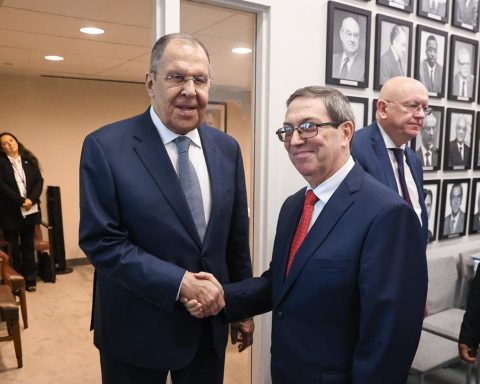It was precisely this agreement, which catapulted the discussion on the effect of “digital nomads” in the city by accusing that as they are people who arrive with greater purchasing power due to exchange rates, they have greater economic capacity and make housing more expensive. and services around them.
Specialists and organizations argue that the arrival of this group of people is a manifestation of social phenomena that can affect access to housing, as has happened in other cities around the world -Berlin, New York, Barcelona and Buenos Aires-, including finds a rise in the prices of housing rents, which ends up expelling the original inhabitants, to make way for tenants with a higher economic level and which on many occasions has led to movements and protests by those who have been displaced.
The capital government assured Political Expansion that the agreement will take care that this does not generate gentrification since “it seeks to promote neighborhood tourism in areas of the capital where this activity has not historically been concentrated” and that its objective is to better distribute the economic benefits of tourism for the benefit of small service providers, local artisans and merchants.
According to the head of government, it is about promoting “social tourist routes”. “Digital nomads are coming, obviously we don’t want this to mean gentrification or price increasesin fact we are working on that issue, but rather it was that this situation that occurs can benefit people from the city who want to make social tourist routes,” Sheinbaum said in a conference on November 8.
In interview with Expansion, Nathan Blecharczyk, co-founder and director of strategy of Airbnb, also pointed out to Expansión that a pilot has been launched in Mexico City that “seeks to come up with a scheme in which digital nomads can get to know and immerse themselves in the localities, mitigating their potential impacts , such as the increase in housing prices –both for rent and for sale– and the cost of living in general”.
But some residents of the capital are already experiencing it, even for a few years before. Sergio González is one of them and he lived it four years ago, when he had to leave the apartment he was challenging at Liverpool 9, in Colonia Juárez, when the original owner sold the property to a group of real estate developers, against whom he lived a long and exhausting legal battle, which in the end ended with the expulsion of all the residents of the building.
The neighbor and activist of 06600 Neighborhood Platform and Observatory of Colonia Juárez points out that currently half of the apartments in the building where he lived are rented through the platform Airbnb.
“Of those who buy, the majority buy to microspeculate, which means that only 40% buy to live, 60% rent in some way: 30% through Airbnb and 30% for rent as we know it. In the Juárez neighborhood there is 30%, if not more, of the new or remodeled housing, which goes to the platform”, says González.
A analysis by the Institute for Studies on Inequality points out that around 680,000 rental homes are in Mexico City, and that in municipalities such as Cuauhtémoc, Benito Juárez and Miguel Hidalgo, at least 4 out of 10 homes pay rent, so the opportunity to receive more resources for temporary housing is more attractive.
The average income generated by an apartment that is rented by Airbnb is 17,000 pesos per month, when a man from the capital earns, on average 4.8 times less, that is, 3,500 on average.
The COVID-19 pandemic was a determining factor in this regard. On the one hand, people were evicted from their homes after losing their jobs, while it allowed foreigners to do “home office” in the capital.
Iser J Rabinovitz, CEO at Uliv.mxa platform dedicated to administration and hospitality in available spaces in Mexico City, Tulum, Tijuana and Miami, recognizes that “digital nomads” have represented a boost to rentals in temporary accommodation applications, such as Airbnb, in Mexico City, in especially in the central area of the capital.
“The issue of digital nomads has driven the issue of short stays a bit, but it is also a reality that in the market we have in Mexico City, for example, close to 40% of our guests are from the Republic of Mexico” , comment.
